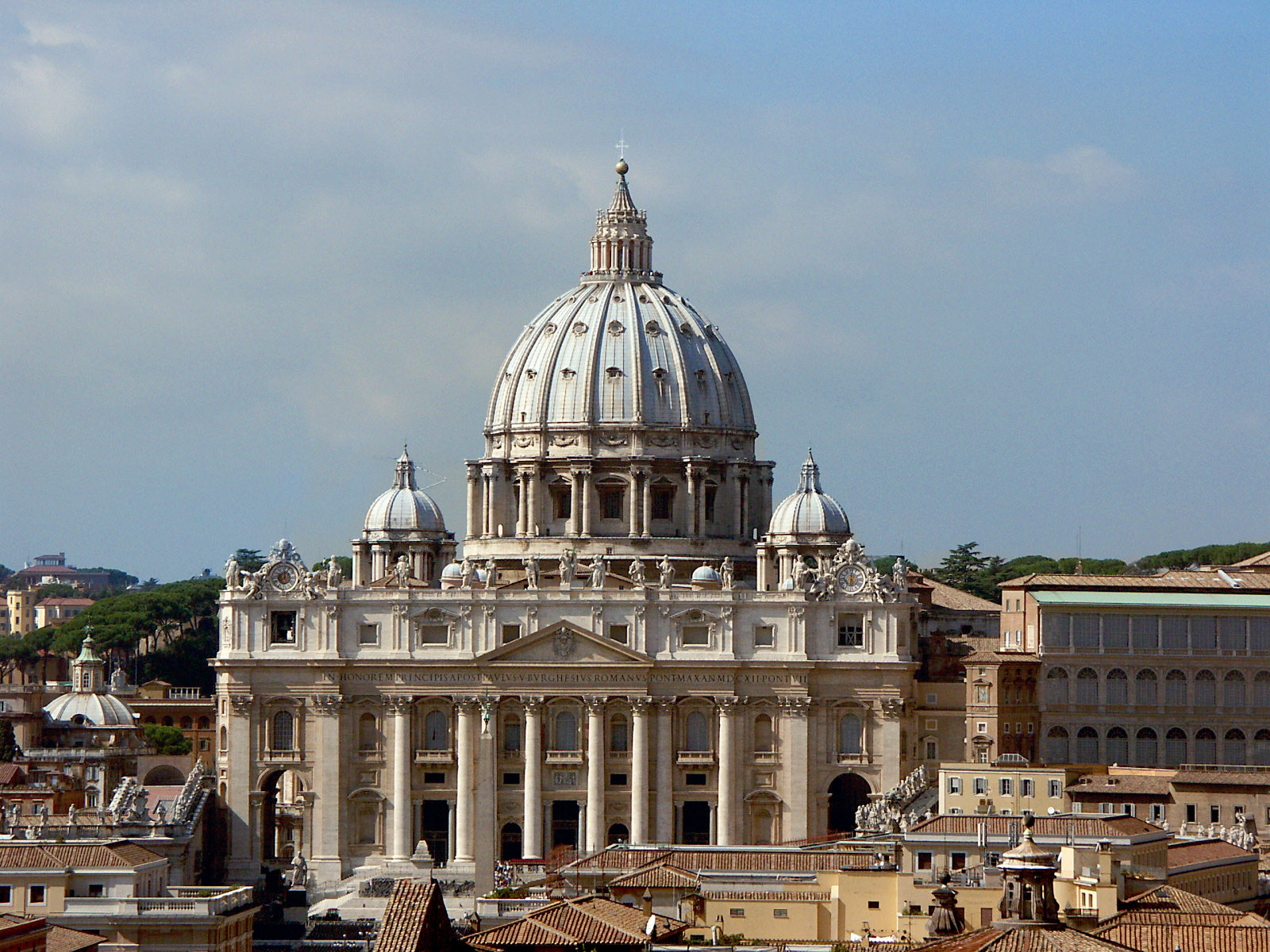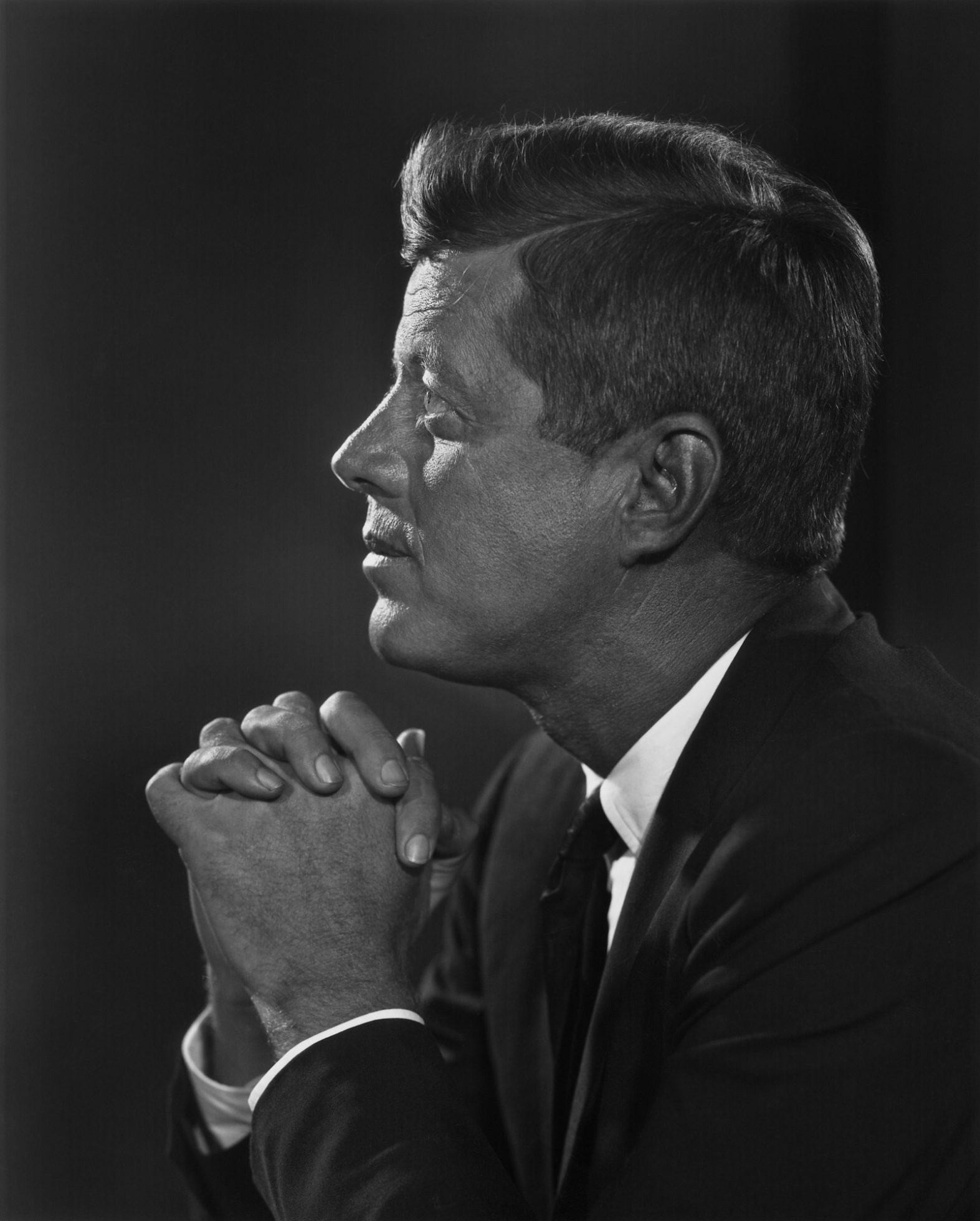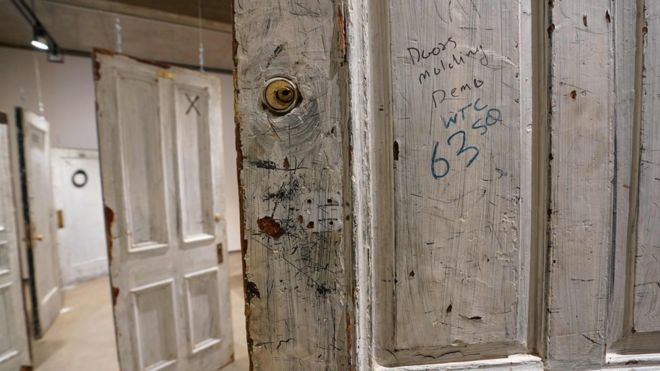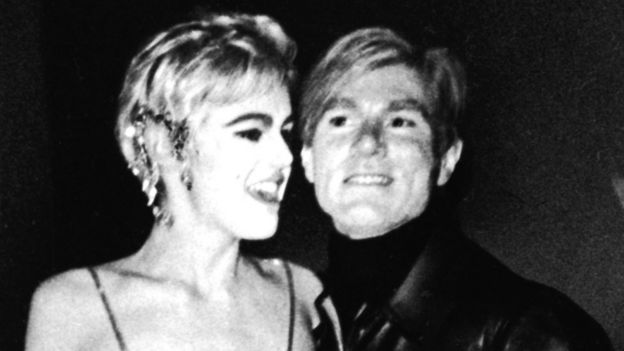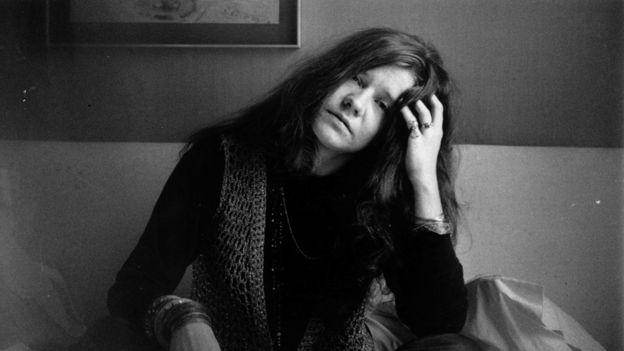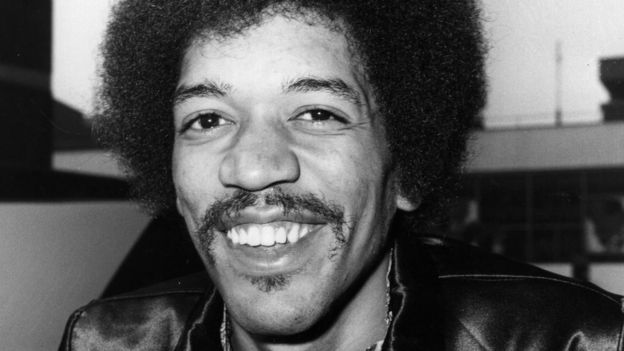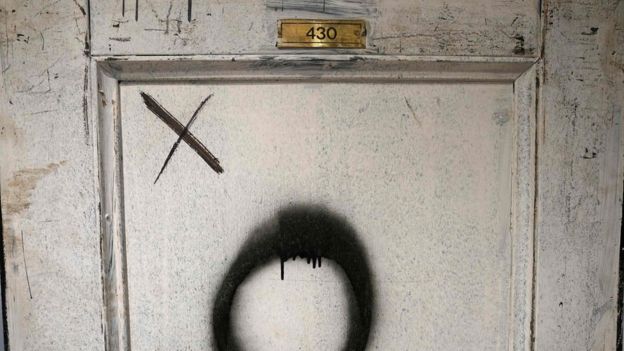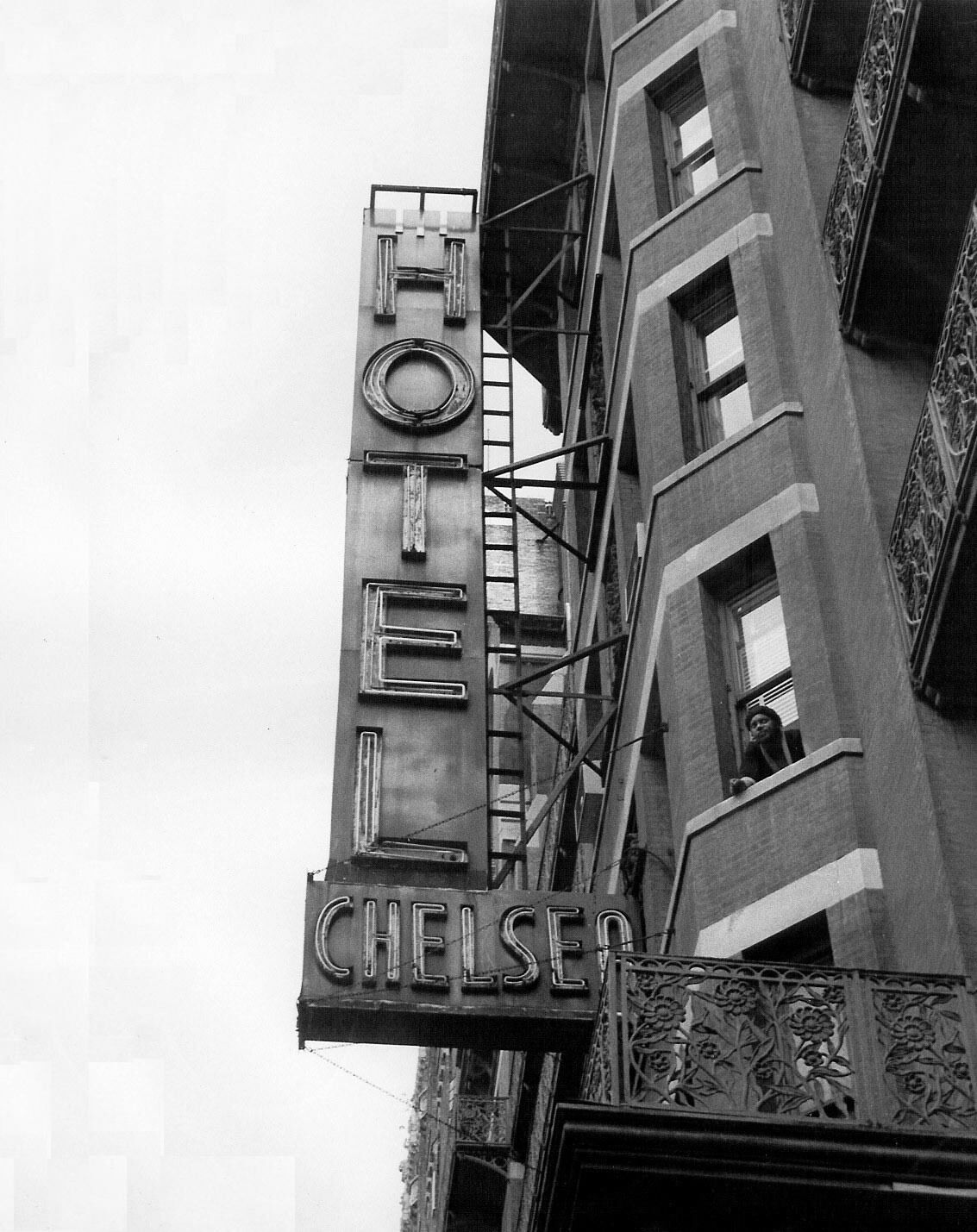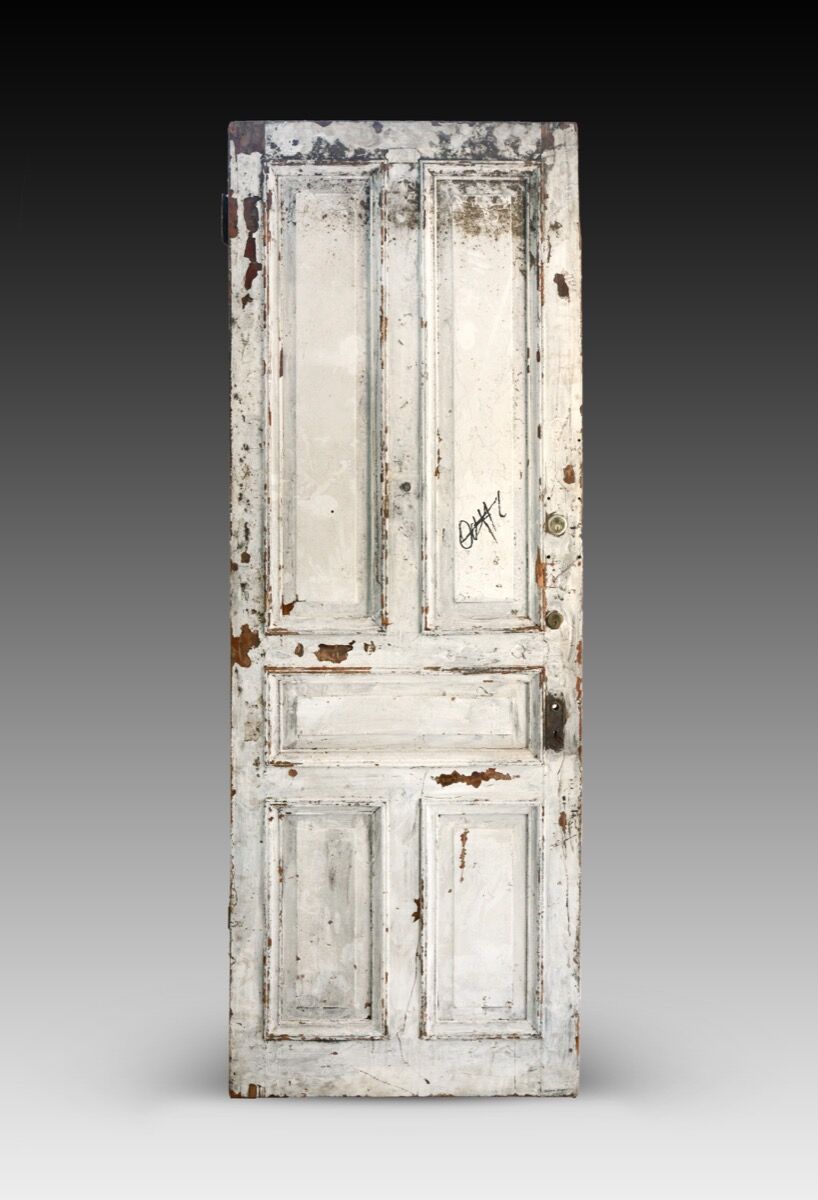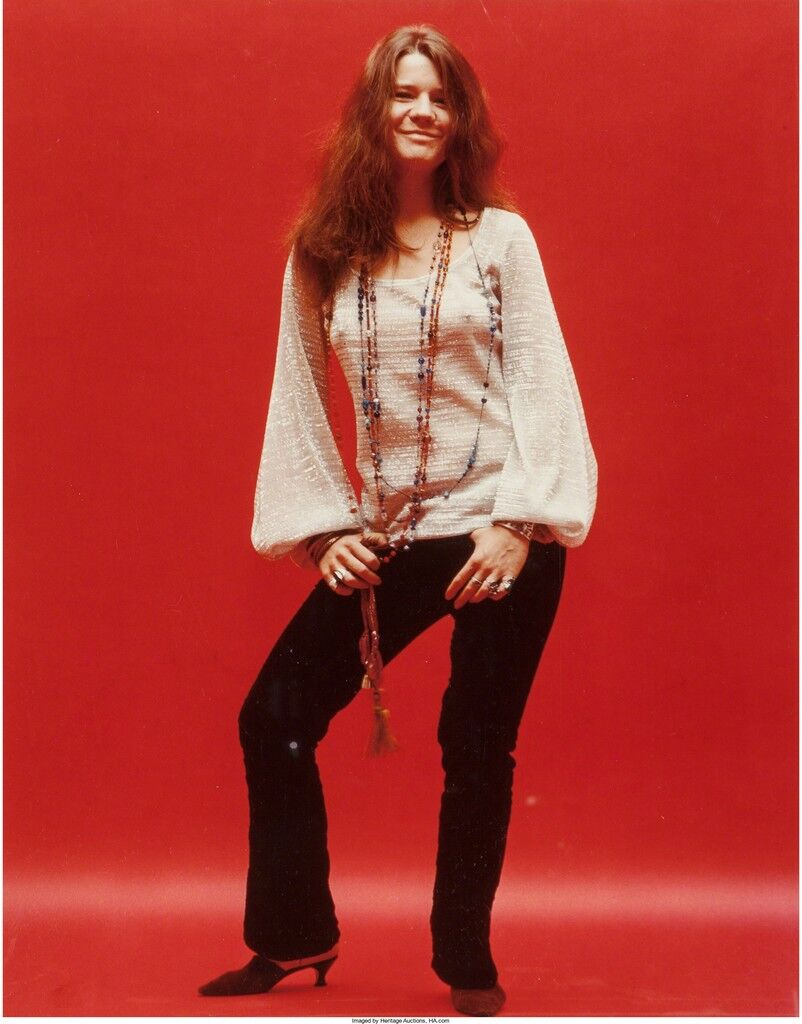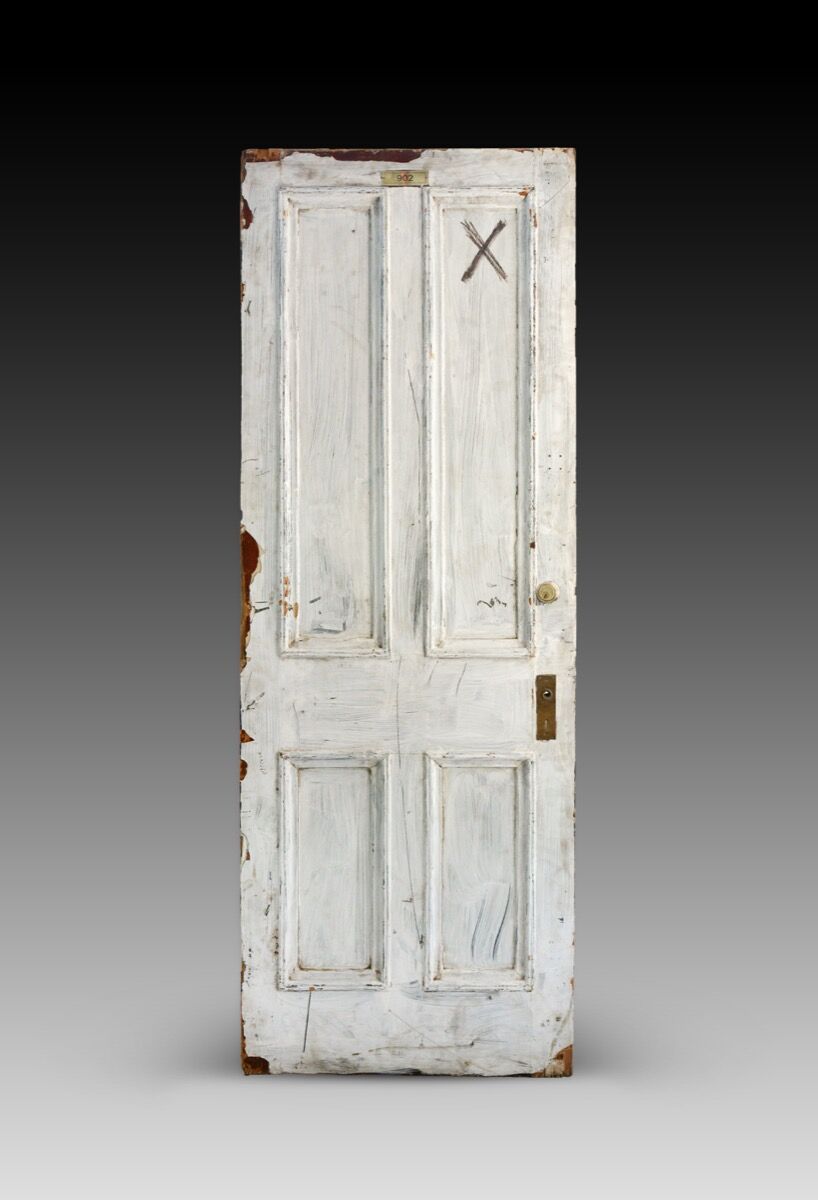Pope Francis On…

…as the Church’s one and only indivisible magisterium, the pope and the bishops in union with him carry the gravest responsibility that no ambiguous sign or unclear teaching comes from them, confusing the faithful or lulling them into a false sense of security. —Gerhard Ludwig Cardinal Müller, former prefect of the
Congregation for the Doctrine of the Faith; First Things, April 20th, 2018
Congregation for the Doctrine of the Faith; First Things, April 20th, 2018
THE Pope can be confusing, his words ambiguous, his thoughts incomplete. There are many rumours, suspicions, and accusations that the current Pontiff is trying to change Catholic teaching. So, for the record, here is Pope Francis…
On his vision for the future Pope (who turned out to be him):
Thinking of the next Pope, he must be a man that from the contemplation and adoration of Jesus Christ, helps the Church to come out to the existential peripheries, that helps her to be the fruitful mother who lives from the sweet and comforting joy of evangelizing. —Cardinal Jorge Bergoglio, shortly before being elected the 266th pope; Salt and Light Magazine, p. 8, Issue 4, Special Edition, 2013On abortion:
[Abortion is the] murder of an innocent person. —Sept. 1st, 2017; Catholic News ServiceOn Paul VI and Humanae Vitae:
Our defence of the innocent unborn, for example, needs to be clear, firm and passionate, for at stake is the dignity of a human life, which is always sacred and demands love for each person, regardless of his or her stage of development. —Gaudete et Exsultate, n. 101
Here I feel it urgent to state that, if the family is the sanctuary of life, the place where life is conceived and cared for, it is a horrendous contradiction when it becomes a place where life is rejected and destroyed. So great is the value of a human life, and so inalienable the right to life of an innocent child growing in the mother’s womb, that no alleged right to one’s own body can justify a decision to terminate that life, which is an end in itself and which can never be considered the “property” of another human being. —Amoris Laetitia, n. 83
How can we genuinely teach the importance of concern for other vulnerable beings, however troublesome or inconvenient they may be, if we fail to protect a human embryo, even when its presence is uncomfortable and creates difficulties? “If personal and social sensitivity towards the acceptance of the new life is lost, then other forms of acceptance that are valuable for society also wither away”. —Laudato si’, n. 120
…his genius was prophetic, as he had the courage to go against the majority, to defend moral discipline, to apply a cultural brake, to oppose present and future neo-Malthusianism. —interview with Corriere della Sera; Inside the Vatican, March 4th, 2014
In accord with the personal and fully human character of conjugal love, family planning fittingly takes place as the result a consensual dialogue between the spouses, respect for times and consideration of the dignity of the partner. In this sense, the teaching of the Encyclical Humanae Vitae (cf. 1014) and the Apostolic Exhortation Familiaris Consortio (cf. 14; 2835) ought to be taken up anew, in order to counter a mentality that is often hostile to life… Decisions involving responsible parenthood pre-supposes the formation of conscience, which is ‘the most secret core and sanctuary of a person. There each one is alone with God, whose voice echoes in the depths of the heart’ (Gaudium et Spes, 16)…. Moreover, “the use of methods based on the ‘laws of nature and the incidence of fertility’ (Humanae Vitae, 11) are to be promoted, since ‘these methods respect the bodies of the spouses, encourage tenderness between them and favour the education of an authentic freedom’ (Catechism of the Catholic Church, 2370). —Amoris Laetitia, n. 222
Euthanasia and assisted suicide are serious threats to families worldwide…The Church, while firmly opposing theseOn genetic experimentation with human life:practices, feels the need to assist families who take care of their elderly and infirm members. —Amoris Laetitia, n. 48
True compassion does not marginalize, humiliate or exclude, much less celebrate a patient passing away. You know well that would mean the triumph of selfishness, of that ‘throwaway culture’ that rejects and despises people who do not meet certain standards of health, beauty or usefulness. —address to health professionals from Spain and Latin America, June 9, 2016; Catholic Herald
We are living in a time of experimentation with life. But a bad experiment. Making children rather than accepting them as a gift, as I said. Playing with life. Be careful, because this is a sin against the Creator: against God the Creator, who created things this way. —address to the Association of Italian Catholic Doctors, Nov. 16th, 2015; Zenit.orgOn population control:
There is a tendency to justify transgressing all boundaries when experimentation is carried out on living human embryos. We forget that the inalienable worth of a human being transcends his or her degree of development… a technology severed from ethics will not easily be able to limit its own power. —Laudato si’, n. 136
Instead of resolving the problems of the poor and thinking of how the world can be different, some can only propose a reduction in the birth rate. At times, developing countries face forms of international pressure which make economic assistance contingent on certain policies of “reproductive health”. Yet “while it is true that an unequal distribution of the population and of available resources creates obstacles to development and a sustainable use of the environment, it must nonetheless be recognized that demographic growth is fully compatible with an integral and shared development.” —Laudato si’, n. 50On redefinition of marriage and family:
On “gender ideology”:We cannot change it. This is the nature of things, not just in the Church but in human history. —Sept. 1st, 2017; Catholic News Service
The family is threatened by growing efforts on the part of some to redefine the very institution of marriage, by relativism, by the culture of the ephemeral, by a lack of openness to life. —speech in Manila, Philippines; Crux, Jan. 16th, 2015
The complementarity of man and woman, summit of divine creation, is being questioned by the so-called gender ideology, in the name of a more free and just society. The differences between man and woman are not for opposition or subordination, but for communion and generation, always in the “image and likeness” of God. Without mutual self-giving, neither one can understand the other in depth. The Sacrament of Marriage is a sign of the love of God for humanity and of Christ’s giving himself for his Bride, the Church. —address to Puerto Rican Bishops, Vatican City, June 08, 2015On persons struggling with their sexual identity:
On Interreligious Dialogue:During the return flight from Rio de Janeiro I said that if a homosexual person is of good will and is in search of God, I am no one to judge. By saying this, I said what the Catechism says… A person once asked me, in a provocative manner, if I approved of homosexuality. I replied with another question: ‘Tell me: when God looks at a gay person, does he endorse the existence of this person with love, or reject and condemn this person?’ We must always consider the person. Here we enter into the mystery of the human being. In life, God accompanies persons, and we must accompany them, starting from their situation. It is necessary to accompany them with mercy. —American Magazine, Sept. 30th, 2013, americamagazine.org
It is a visit of fraternity, of dialogue, and of friendship. And this is good. This is healthy. And in these moments, whichOn the possibility of ordaining women to the priesthood:are wounded by war and hatred, these small gestures are seeds of peace and fraternity. —Rome Reports, June 26th, 2015;romereports.com
What is not helpful is a diplomatic openness which says “yes” to everything in order to avoid problems, for this would be a way of deceiving others and denying them the good which we have been given to share generously with others. Evangelization and interreligious dialogue, far from being opposed, mutually support and nourish one another. —Evangelii Gaudium, n. 251; vatican.va
…the Church “desires that all the peoples of the earth be able to meet Jesus, to experience His merciful love… [the Church] wishes to indicate respectfully, to every man and woman of this world, the Child that was born for the salvation of all. —Angelus, January 6th, 2016; Zenit.org
On the ordination of women in the Catholic Church, the last word is clear. It was given by St. John Paul II and thisOn Hell:remains. —Press Conference, Nov. 1st, 2016; LifeSiteNews
The reservation of the priesthood to males, as a sign of Christ the Spouse who gives himself in the Eucharist, is not a question open to discussion… —Evangelii Gaudium, n. 104
Our Lady foretold, and warned us about, a way of life that is godless and indeed profanes God in his creatures. Such a life—frequently proposed and imposed—risks leading to Hell. Mary came to remind us that God’s light dwells within us and protects us. —Homily, Mass of the 100th anniversary of the apparitions of Fatima, May 13, 2017; Vatican InsiderOn the devil:
Look upon us with mercy, born of the tenderness of your heart, and help us to walk in the ways of complete purification. Let none of your children be lost in the eternal fire, where there can be no repentance. —Angelus, November 2nd, 2014; Ibid.
I believe that the Devil exists… his greatest achievement in these times has been to make us believe that he doesn’t exist. —then, Cardinal Bergoglio, in the 2010 book On Heaven and EarthHe is evil, he’s not like mist. He’s not a diffuse thing, he is a person. I’m convinced that one must never converse with Satan—if you do that, you’ll be lost. He’s more intelligent than us, and he’ll turn you upside down, he’ll make your headWe know from experience that the Christian life is always prone to temptation, especially to the temptation to separate from God, from his will, from communion with him, to fall back into the webs of worldly seductions… And baptism prepares and strengthens us for this daily struggle, including the fight against the devil who, as St. Peter says, like a lion, tries to devour and destroy us. —General Audience, April 24th, 2018, Daily Mailspin. He always pretends to be polite—he does it with priests, with bishops. That’s how he enters your mind. But it ends badly if you don’t realise what is happening in time. (We should tell him) go away! —interview with Catholic television channel TV2000; The Telegraph, December 13th, 2017
On education:
On the environment:…we need knowledge, we need truth, because without these we cannot stand firm, we cannot move forward. Faith without truth does not save, it does not provide a sure footing. —Lumen Fidei, Encyclical Letter, n. 24I would like to express my rejection of any kind of educational experimentation with children. We cannot experiment with children and young people. The horrors of the manipulation of education that we experienced in the great genocidal dictatorships of the twentieth century have not disappeared; they have retained a current relevance under various guises and proposals and, with the pretense of modernity, push children and young people to walk on the dictatorial path of “only one form of thought” … A week ago a great teacher said to me… ‘with these education projects I don’t know if we’re sending the kids to school or a re-education camp’… —message to members of BICE (International Catholic Child Bureau); Vatican Radio, April 11th, 2014
…a sober look at our world shows that the degree of human intervention, often in the service of business interests and consumerism, is actually making our earth less rich and beautiful, ever more limited and grey, even as technologicalOn (unfettered) capitalism:advances and consumer goods continue to abound limitlessly. We seem to think that we can substitute an irreplaceable and irretrievable beauty with something which we have created ourselves. —Laudato si’, n. 34
Each year hundreds of millions of tons of waste are generated, much of it non-biodegradable, highly toxic and radioactive, from homes and businesses, from construction and demolition sites, from clinical, electronic and industrial sources. The earth, our home, is beginning to look more and more like an immense pile of filth. — Laudato si’, n. 21
There are certain environmental issues where it is not easy to achieve a broad consensus. Here I would state once more that the Church does not presume to settle scientific questions or to replace politics. But I am concerned to encourage an honest and open debate so that particular interests or ideologies will not prejudice the common good. —Laudato si’, n. 188
Time, my brothers and sisters, seems to be running out; we are not yet tearing one another apart, but we are tearing apart our common home… The earth, entire peoples and individual persons are being brutally punished. And behind all this pain, death and destruction there is the stench of what Basil of Caesarea – one of the first theologians of the Church – called “the dung of the devil”. An unfettered pursuit of money rules. This is the “dung of the devil”. The service of the common good is left behind. Once capital becomes an idol and guides people’s decisions, once greed forOn consumerism:money presides over the entire socioeconomic system, it ruins society, it condemns and enslaves men and women, it destroys human fraternity, it sets people against one another and, as we clearly see, it even puts at risk our common home, sister and mother earth. —address to The Second World Meeting of Popular Movements, Santa Cruz de la Sierra, Bolivia, July 10th, 2015; vatican.va
The true strength of our democracies – understood as expressions of the political will of the people – must not be allowed to collapse under the pressure of multinational interests which are not universal, which weaken them and turn them into uniform systems of economic power at the service of unseen empires. —Address to European Parliament, Strasbourg, France, Nov. 25th, 2014, Zenit
A new tyranny is thus born, invisible and often virtual, which unilaterally and relentlessly imposes its own laws and rules. Debt and the accumulation of interest also make it difficult for countries to realize the potential of their own economies and keep citizens from enjoying their real purchasing power… In this system, which tends to devour everything which stands in the way of increased profits, whatever is fragile, like the environment, is defenceless before the interests of a deified market, which become the only rule. —Evangelii Gaudium, n. 56
This sister [earth] now cries out to us because of the harm we have inflicted on her by our irresponsible use and abuse of the goods with which God has endowed her. We have come to see ourselves as her lords and masters, entitled toOn immigrationplunder her at will. The violence present in our hearts, wounded by sin, is also reflected in the symptoms of sickness evident in the soil, in the water, in the air and in all forms of life. This is why the earth herself, burdened and laid waste, is among the most abandoned and maltreated of our poor; she “groans in travail” (Rom 8:22). —Laudato si, n. 2
Hedonism and consumerism can prove our downfall, for when we are obsessed with our own pleasure, we end up being all too concerned about ourselves and our rights, and we feel a desperate need for free time to enjoy ourselves. We will find it hard to feel and show any real concern for those in need, unless we are able to cultivate a certain simplicity of life, resisting the feverish demands of a consumer society, which leave us impoverished and unsatisfied, anxious to have it all now. —Gaudete et Exultate, n. 108; vatican.va
Our world is facing a refugee crisis of a magnitude not seen since the second World War. This presents us with great challenges and many hard decisions…. we must not be taken aback by the numbers, but rather view them as persons, seeing their faces and listening to their stories, trying to respond as best we can to this situation; to respond in a way which is always human, just, and fraternal… let us remember the Golden Rule: Do unto others as you would haveOn migrants vs. refugees:them do unto you. —address to U.S. Congress, September 24th, 2015; usatoday.com
If a country is able to integrate, then they should do what they can. If another country has a greater capacity, they should do more, always keeping an open heart. It is inhumane to shut our doors, it is inhumane to shut our hearts… There is also a political price to pay when imprudent calculations are made and a country takes in more than it can integrate. What is the risk when a migrant or a refugee are not integrated? They become ghettoised! They form ghettoes. A culture that fails to develop with respect to other cultures, that is dangerous. I think fear is the worst counsellor for countries who tend to close their borders. And the best counsellor is prudence. —in-flight interview, Malmö to Rome on November 1, 2016; cf. Vatican Insider and La Croix International
We also need to distinguish between migrants and refugees. Migrants must follow certain rules because migrating is a right but a well-regulated right. Refugees, on the other hand, come from a situation of war, hunger or some other terrible situation. The status of a refugee requires more care, more work. We cannot close our hearts to refugees… However, while being open to receive them, governments need to be prudent and to work out how to settle them. It is not just a matter of accepting refugees but of considering how to integrate them. —in-flight interview, Malmö to Rome on November 1, 2016; La Croix InternationalOn war:
The truth is that just [250 miles] from Sicily there is an incredibly cruel terrorist group. So there is a danger of infiltration, this is true… Yes, nobody said Rome would be immune to this threat. But you can take precautions. —interview with Radio Renascenca, Sept. 14th, 2015; New York Post
War is madness… even today, after the second failure of another world war, perhaps one can speak of a Third War, one fought piecemeal, with crimes, massacres, destruction… Humanity needs to weep, and this is the time to weep. —September 13th, 2015; BBC.comOn fidelity to the Catholic Faith:
…no war is just. The only just thing is peace. —from Politique et Société, an interview with Dominique Wolton; cf. catholicherald.com
Fidelity to the Church, fidelity to its teaching; fidelity to the Creed; fidelity to the doctrine, safeguarding this doctrine. Humility and fidelity. Even Paul VI reminded us that we receive the message of the Gospel as a gift and we need to transmit it as a gift, but not as a something of ours: it is a gift that we received. And be faithful in this transmission. Because we have received and we have to gift a Gospel that is not ours, that is Jesus’, and we must not—he would say—become masters of the Gospel, masters of the doctrine we have received, to use it as we please. —Homily, Jan. 30th, 2014; Catholic HeraldOn evangelization:
[There is a] temptation to a destructive tendency to goodness, that in the name of a deceptive mercy binds the wounds without first curing them and treating them; that treats the symptoms and not the causes and the roots. It is the temptation of the “do-gooders,” of the fearful, and also of the so-called “progressives and liberals…” The temptation to neglect the “depositum fidei ” [the deposit of faith], not thinking of themselves as guardians but as owners or masters [of it]; or, on the other hand, the temptation to neglect reality, making use of meticulous language and a language of smoothing to say so many things and to say nothing! —Closing address at Synod, Catholic News Agency, October 18th, 2014
Certainly, to understand properly the meaning of the central message of a [biblical] text we need to relate it to the teaching of the entire Bible as handed on by the Church. —Evangelii Gaudium, n. 148
The Pope, in this context, is not the supreme lord but rather the supreme servant – the “servant of the servants of God”; the guarantor of the obedience and the conformity of the Church to the will of God, to the Gospel of Christ, and to the Tradition of the Church, putting aside every personal whim, despite being – by the will of Christ Himself – the “supreme Pastor and Teacher of all the faithful” and despite enjoying “supreme, full, immediate, and universal ordinary power in the Church”. —closing remarks on the Synod; Catholic News Agency, October 18th, 2014
We should not simply remain in our own secure world, that of the ninety-nine sheep who never strayed from the fold, but we should go out with Christ in search of the one lost sheep, however far it may have wandered. —General Audience, March 27th, 2013; news.vaOn God’s Word:
On the lips of the catechist the first proclamation must ring out over and over: “Jesus Christ loves you; he gave his life to save you; and now he is living at your side every day to enlighten, strengthen and free you.” …It is first in aqualitative sense because it is the principal proclamation, the one which we must hear again and again in different ways, the one which we must announce one way or another throughout the process of catechesis, at every level and moment. —Evangelii Gaudium, n. 164
We cannot insist only on issues related to abortion, gay marriage and the use of contraceptive methods. This is not possible. I have not spoken much about these things, and I was reprimanded for that. But when we speak about these issues, we have to talk about them in a context. The teaching of the Church, for that matter, is clear and I am a son of the Church, but it is not necessary to talk about these issues all the time… The most important thing is the first proclamation: Jesus Christ has saved you. And the ministers of the Church must be ministers of mercy above all. —americamagazine.org, September 2013
We have to find a new balance; otherwise even the moral edifice of the church is likely to fall like a house of cards, losing the freshness and fragrance of the Gospel. The proposal of the Gospel must be more simple, profound, radiant. It is from this proposition that the moral consequences then flow. —americamagazine.org, September 2013
All evangelization is based on that Word, listened to, meditated upon, lived, celebrated and witnessed to. The Sacred Scriptures are the very source of evangelization. Consequently, we need to be constantly trained in hearing the Word. The Church does not evangelize unless she constantly lets herself be evangelized. —Evangelii Gaudium, n. 174On the Sacrament of the Eucharist:
The Bible is not meant to be placed on a shelf, but to be in your hands, to read often – every day, both on your own and together with others… —Oct. 26th, 2015; Catholic Herald
I love my old Bible, which has accompanied me half my life. It has been with me in my times of joy and times of tears. It is my most precious treasure…Often I read a little and then put it away and contemplate the Lord. Not that I see the Lord, but he looks at me. He’s there. I let myself look at him. And I feel—this is not sentimentality — I feel deeply the things that the Lord tells me. —Ibid.
It is indispensable that the Word of God “be ever more fully at the heart of every ecclesial activity.” God’s Word, listened to and celebrated, above all in the Eucharist, nourishes and inwardly strengthens Christians, enabling them to offer an authentic witness to the Gospel in daily life… —Evangelii Gaudium, n. 174
The Eucharist is Jesus who gives himself entirely to us. To nourish ourselves with him and abide in him through Holy Communion, if we do it with faith, transforms our life into a gift to God and to our brothers… eating him, we become like him. —Angelus August 16th, 2015; Catholic News AgencyOn the Mass:
…the Eucharist “is not a private prayer or a beautiful spiritual experience”… it is a “memorial, namely, a gesture that actualizes and makes present the event of the death and resurrection of Jesus: the bread is truly his Body given, the wine is truly is Blood poured out.” —Ibid.
It’s not just a memory, no, it’s more: It’s making present what happened twenty centuries ago. —General Audience, Crux, Nov. 22nd, 2017
The Eucharist, although it is the fullness of sacramental life, is not a prize for the perfect but a powerful medicine and nourishment for the weak. —Evangelii Gaudium, n. 47
…preaching should guide the assembly, and the preacher, to a life-changing communion with Christ in the Eucharist.This means that the words of the preacher must be measured, so that the Lord, more than his minister, will be the centre of attention. —Evangelii Gaudium, n. 138
This is Mass: entering in this passion, death, resurrection, ascension of Jesus and when we go to Mass, it is as if we go to Calvary. Now imagine if we went to Calvary—using our imagination—in that moment, knowing that that man there is Jesus. Would we dare to chit-chat, take pictures, make a little scene? No! Because it’s Jesus! We would surely be in silence, in tears, and in the joy of being saved… Mass is experiencing Calvary, it’s not a show. —General Audience, Crux, Nov. 22nd, 2017On the Sacrament of Reconciliation:
The Eucharist configures us in a unique and profound way with Jesus… the celebration of the Eucharist always keeps the Church alive and makes our communities distinguished by love and communion. —General Audience, Feb. 5th, 2014, National Catholic Register
Everyone say to himself: ‘When was the last time I went to confession?’ And if it has been a long time, don’t lose another day! Go, the priest will be good. And Jesus, (will be) there, and Jesus is better than the priests—Jesus receivesOn prayer and fasting:you. He will receive you with so much love! Be courageous, and go to confession. —Audience, Feb 19, 2014; Catholic News Agency
God never tires of forgiving us; we are the ones who tire of seeking his mercy. —Evangelii Gaudium, n. 3
Someone can say, ‘I confess my sins only to God.’ Yes, you can say to God, ‘forgive me,’ and say your sins. But our sins are also against our brothers, against the Church. This is is why it is necessary to ask forgiveness of the Church and of our brothers, in the person of the priest. —Audience, Feb 19, 2014; Catholic News Agency
It is a sacrament that leads to “forgiveness, and a change of heart.” —Homily, Feb 27, 2018; Catholic News Agency
In the face of so many wounds that hurt us and could lead to a hardness of heart, we are called to dive into the sea of prayer, which is the sea of the boundless love of God, in order to experience his tenderness. —Ash Wednesday Homily, March 10th, 2014; Catholic OnlineOn the Blessed Virgin Mary and the Rosary:
Fasting makes sense if it really chips away at our security and, as a consequence, benefits someone else, if it helps us cultivate the style of the good Samaritan, who bent down to his brother in need and took care of him. —Ibid.
Another good way to grow in friendship with Christ is by listening to his Word. The Lord speaks to us in the depths of our conscience, he speaks to us through Sacred Scripture, he speaks to us in prayer. Learn to stay before him in silence, to read and meditate on the Bible, especially the Gospels, to converse with him every day in order to feel his presence of friendship and love. —Message to Young Lithuanians, June 21st, 2013; vatican.va
During the course of the second vote during the conclave that elected him, Pope Francis (then Cardinal Bergoglio) was
 praying the Rosary, which gave him…
praying the Rosary, which gave him……great peace, almost to the point of insentience. I have not lost it. It is something inside; it is like a gift. —National Catholic Register, Dec. 21, 2015Twelve hours after his election, the new Pope paid a quiet visit to the papal basilica St. Mary Major to venerate the famous icon of Our Lady, Salus Populi Romani (Protectress of the Roman People). The Holy Father placed a small bouquet of flowers before the icon and sang the Salve Regina. Cardinal Abril y Castelló, the archpriest of St. Mary Major, explained the significance of the Holy Father’s veneration:
He decided to visit the Basilica, not only to thank the Blessed Virgin, but — as Pope Francis said to me himself — to entrust Her with his pontificate, to lay it at Her feet. Being deeply devoted to Mary, Pope Francis came here to ask Her for help and protection. —Inside the Vatican, July 13th, 2013On the “end times”:
Devotion to Mary is not spiritual etiquette; it is a requirement of the Christian life. The gift of the Mother, the gift of every mother and every woman, is most precious for the Church, for she too is mother and woman. —Catholic News Agency, January 1st, 2018
Mary is exactly what God wants us to be, what he wants his Church to be: A Mother who is tender and lowly, poor in material goods and rich in love, free of sin and united to Jesus, keeping God in our hearts and our neighbor in our lives. —Ibid.
In the Rosary we turn to the Virgin Mary so that she may guide us to an ever closer union with her Son Jesus to bring us into conformity with him, to have his sentiments and to behave like him. Indeed, in the Rosary while we repeat the Hail Mary we meditate on the Mysteries, on the events of Christ’s life, so as to know and love him ever better. The Rosary is an effective means for opening ourselves to God, for it helps us to overcome egotism and to bring peace to hearts, in the family, in society and in the world. —Message to Young Lithuanians, June 21st, 2013; vatican.va
…hear the voice of the Spirit speaking to the whole Church of our time, which is the time of mercy. I am sure of this. It is not only Lent; we are living in a time of mercy, and have been for 30 years or more, up to today. —Vatican City, March 6th, 2014, www.vatican.vaOn himself:
Time, my brothers and sisters, seems to be running out; we are not yet tearing one another apart, but we are tearing apart our common home. —speech in Santa Cruz, Bolivia; newsmax.com, July 10th, 2015
…worldliness is the root of evil and it can lead us to abandon our traditions and negotiate our loyalty to God who is always faithful. This… is called apostasy, which… is a form of “adultery” which takes place when we negotiate theessence of our being: loyalty to the Lord. —Homily, Vatican Radio, November 18th, 2013
Still today, the spirit of worldliness leads us to progressivism, to this uniformity of thought … Negotiating one’s fidelity to God is like negotiating one’s identity… He then made reference to the 20th-century novel Lord of the World by Robert Hugh Benson, son of the Archbishop of Canterbury Edward White Benson, in which the author speaks of the spirit of the world that leads to apostasy “almost as though it were a prophecy, as though he envisioned what would happen.” —Homily, November 18, 2013; catholicculture.orgIt is not the beautiful globalization of unity of all Nations, each one with their own customs, instead it is the globalization of hegemonic uniformity, it is the single thought. And this sole thought is the fruit of worldliness. —Homily, November 18th, 2013; ZenitSpeaking to reporters on the flight from Manila to Rome, the Pope said that those who read the novel on the Antichrist, Lord of the World, “will understand what I mean by ideological colonization.” —Jan. 20th, 2015; catholicculture.orgIn this system, which tends to devour everything which stands in the way of increased profits, whatever is fragile, like the environment, is defenseless before the interests of a deified market, which become the only rule. —Evangelii Gaudium, n. 56
I do not like ideological interpretations, a certain mythology of Pope Francis. The Pope is a man who laughs, cries, sleeps peacefully, and has friends like everyone else. A normal person. —interview with Corriere della Sera; Catholic Culture, March 4th, 2014

Bless you and thank you!
